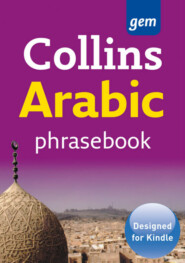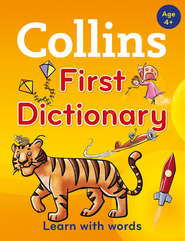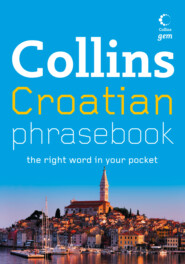По всем вопросам обращайтесь на: info@litportal.ru
(©) 2003-2025.
✖
Collins Primary Thesaurus
Автор
Год написания книги
2019
Настройки чтения
Размер шрифта
Высота строк
Поля
After getting lost in the hills, the boys were returned unharmed to their parents.
unhurt
The stunt rider escaped unhurt after his bike cartwheeled into the air.
uninjured
I was shaken but uninjured after falling during the race.
almost ADVERB
Almost can mean very nearly.
just about
We were just about ready to go, when Mum’s phone bleeped.
nearly
It was nearly five years since Hanif had seen his aunt and uncle.
not quite
I had not quite finished the test when Mr Halliday said the time was up.
practically
Practically all the sandwiches had been eaten.
virtually
Despite having virtually no time to practise, Darius played the piano piece perfectly.
alone (1) ADJECTIVE
Someone or something that is alone is not with other people or things.
detached
The elephant was detached from the herd.
isolated
The old man lived in a cottage on the cliff top. He felt quite isolated.
solitary
Robinson Crusoe was solitary on his desert island home.
alone (2) ADVERB
Something that happens alone, happens without other people or things.
independently
Sian did her homework independently.
separately
The teachers came with us on the bus, except for the head who came later, separately.
solo INFORMAL
The pilot now flew solo for the first time.
also ADVERB
Also can mean in addition to something that has just been mentioned.
as well
Mum had just bought the lettuce when she remembered to get some tomatoes as well.
besides
The competition winner received a sports bag, and a signed bat to go in it besides.
furthermore FORMAL
“You’ve worked well,” the teacher said, “and furthermore you’ve worked quietly.”
in addition
My prize was free tickets to the show. In addition, it included a meal afterwards.
moreover FORMAL
It was cold, and moreover it was getting dark.
too
William is nine, and Rina is too.
although CONJUNCTION
Although can mean in spite of the fact that.
even though











